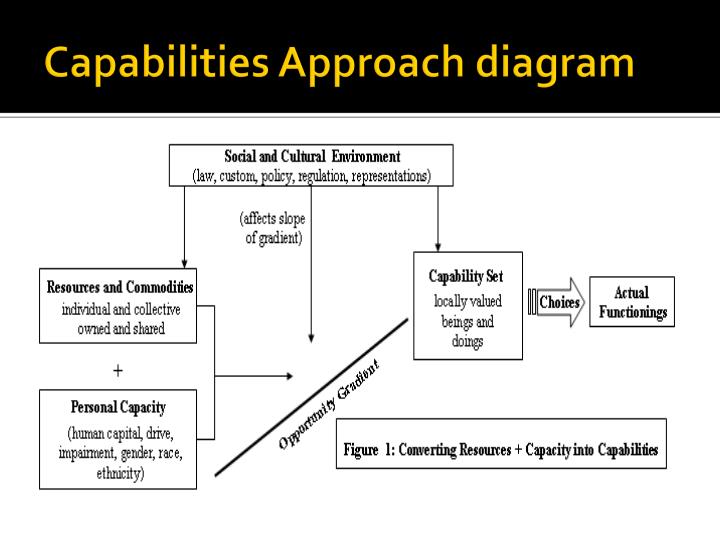A natural way to understand the conflict between respecting individual rights and advancing the public good is as follows: if a socially worthwhile cause can be realized only by infringing upon the rights of individuals, we must ensure that the benefits to be gained from the cause are worth the sacrifice. This is how discussions about controversial policy issues such as surveillance, protest crackdowns, and hate speech restrictions often go. The gun control debate can be construed in a similar light. The right to own guns is provided by the United States Constitution, though its precise scope and nature is fiercely debated.
That said, nearly half of all Americans believe guns are important for ensuring personal safety. We know that many Americans own guns (roughly 1 in 3 Americans report being gun owners and estimates put the number of guns in circulation above the number of people in the US). We also know that gun violence is a major public safety concern, being the leading cause of death among children and teens and killing more people annually than automobiles (the rate of gun violence in the US makes it an outlier among developed countries). Even so, severely restricting gun access might be rejected on self-defense grounds. Most people agree that we have a strong right to self-defense, which entitles us in some situations to inflict even lethal force on aggressors.
Guns, in particular handguns, are relatively versatile tools for combating threats, being easy to carry, conceal, and use, and work against most types of threats. Given this, our right to self-defense seems to firmly ground a right to use handguns. Accordingly, some philosophers have argued that stringent restrictions on handguns would constitute a serious violation of our right to self-defense. If heavy regulation of our handguns is to be morally permissible, the payoffs to society must be shown to be sufficiently great so as to outweigh the wrong inflicted on gun owners. Defenses of gun regulation must, they contend, cross a high bar to be morally justifiable. Call this the High Bar Objection to Gun Control (or High Bar Objection for short).
The high bar objection frames the discussion surrounding gun control as just another instance of the contest between rights and social utility. After all, if guns enable self-defense, then doesn’t gun regulation undermine this important interest of ours? For instance, consider regulations such as bans on concealed carry, restrictions on type and amount of ammo, safe storage laws, background checks, licensing requirements for sellers, permit requirements for all gun owners, mandatory training before issuance of permits, bans on guns in certain locations like schools, malls, restaurants, government buildings, and waiting periods (to reduce incidence of impulsive gun purchases), and so on. Each of these hinders our ability to use guns, with some being more of a hindrance than others. Why would it be permissible for the state to impose such regulations, when nothing about our wanting to use guns for self-defense entails that others will be killed from it?
I think a significant part of the answer lies in the complex connection between our ability to engage in self-defense and the state’s ability to maintain public safety. The former’s success is parasitic on the latter in a way that undermines the high bar objection. Consider two important facts about our ability to use handguns for self-defense. First, even if handguns are effective means of self-defense, their powers are still limited. They cannot protect us against every type of threat and at all times. For instance, we can still be outnumbered by attackers. We would need to be vigilant about when and where the threat might come from. And despite their versatility, they still require knowledge and training. Most importantly though, their protective powers are dependent on the severity, frequency, predictability of the threats being sufficiently low. Were we to live in an environment where the threats are constant, relatively unpredictable, and serious (such as if aggressors are also armed with handguns), then handguns’ effectiveness would be severely limited. What this shows is that the protective powers of handguns are not unconditional.
The second fact concerns the state’s role in minimizing the seriousness, frequency, predictability of threats to one’s safety. If we lived in hostile social conditions where the state was not able to maintain public safety, the threat of violence would hang over us constantly, and the possession of guns would only rationally motivate others to arm themselves. This was the point of Jeff McMahan’s essay on gun control. The arms race generated would only increase the risk of facing violence, and in turn, the need to arm oneself even more. The result is a Hobbesian state of affairs where one’s basic rights are imperilled.
Things would not be much better if several factions would take control and offer protection to their members. Even if we joined one of these factions, we could still be threatened by the other factions. As is often pointed out, it is only when one entity succeeds in wielding a monopoly over the use of force and maintains relative order that the constant threat dissipates. This is what an effective state does. Barring anarchists, political philosophers of all stripes agree that if the state is morally justified in doing anything, it is to wield a monopoly over the use of coercive force in order to keep the peace. And the high bar objection would be stripped of its significance if it was incompatible with the permissibility of the state.
These two considerations have important implications for the high bar objection. If self-defensive gun use requires that external threats be kept to a sufficiently low level, and it is the state which does this, then the availability of guns cannot be allowed to undermine the state’s ability to keep the peace. For instance, if wide availability of handguns results in many guns used to commit crimes (whether by legal gun owners or others), then this might prevent the state from enforcing law and order.
Of course, the details would matter here. The availability of guns does not lead inexorably to the state’s inefficacy in maintaining peace. Likewise, a person’s ability to use guns to defend themselves in one location might not be stymied by the state’s inability to keep a lid on gun violence in a separate location. That said, the connections between these factors might not be so weak either. For instance, if gun restrictions are increased in one location to combat high gun crime, wrongdoers might procure their guns from other cities and states with more lax gun laws. And the longer the state goes on being unable to curb gun violence, the greater the public concern about falling prey to gun violence, and in turn, the greater the desire to procure guns.
This spiral might also generate a backlash against increased regulation. If so, then tightening gun laws later might be less feasible than starting off with a generally stringent gun policy. The important point here is not about whether these eventualities materialize, but that the efficacy of one’s self-defensive gun use is intricately tied up with the state’s ability to keep everyone safe. We would need to ascertain how liberal access to guns would impact the state’s ability to do its most basic job, and in turn, where our desire to use guns as a means of self-defense might be counterproductive to the central aim behind it.
How does the preceding analysis undermine the high bar objection? What it shows is that the bar for justifying stringent gun regulations like the aforementioned kinds is lower, probably much lower. Defenders of stringent gun regulations would simply need to show that liberal access threatens the state’s ability to secure public safety. And this would not be a merely consequentialist argument for gun regulation. The point can be made on purely rights-based grounds; consider a libertarian opponent of such regulation, who thinks that the only appropriate justification for the state’s legitimate political authority is consent. The libertarian would nonetheless maintain that the state is justified in maintaining a monopoly over the use of force in order to protect everyone’s basic negative rights, perhaps because this is what we would consent to. If so, then she cannot consistently maintain that the state acts illegitimately when it seeks to curb private access to means of inflicting violence, where such access undermines this function of the state.
The post Private Guns and Public Safety: Making Sense of the Tension first appeared on Blog of the APA.
Read the full article which is published on APA Online (external link)






